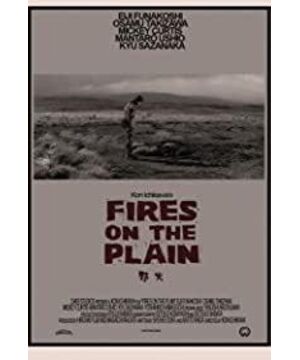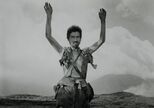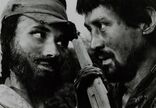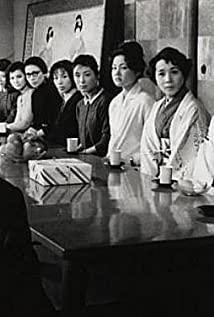Wildfire 1959
At the end of the battlefield, the U.S. troops landed, and the Japanese side had long since collapsed. They were skinny and withered, and could only helplessly advance and survive as zombies. Death is no longer a sudden thing, everyone walks in the body, waiting to consume the remaining breath, almost slowly and carefully, falling down and dying.
"You can eat this when I die." The dying man leaning on the back of the tree said to Tamura with his arms raised. "You can eat me."
Facing Nagamura with blood on his mouth, Tamura still couldn't accept the cannibalism, and his soul was about to be crushed by this body.
"I want to see their lives."
Finally, Tamura made a choice for himself, hunched his hands and walked towards the wildfire not far away. The wildfire was not the smoke of the peasants, but the beacon of the enemy. He fell into the bullet and never got up again.
What is wildfire, in the film, although it is death, it is liberation.
Looking out of the film, as a sinful party in World War II, the director dared to use the anti-war theme to reflect and analyze his own nation, which also means that the body contaminated with sin turns to the other end of the scale, toward the wildfire, and makes a choice for his own crimes.
Maybe that wildfire is the holy place where everyone ends up living.
View more about Fires on the Plain reviews








